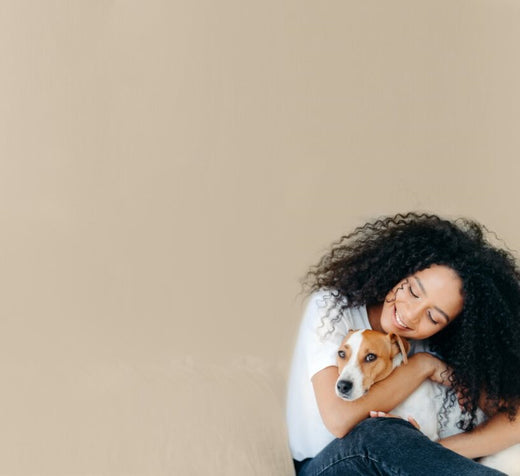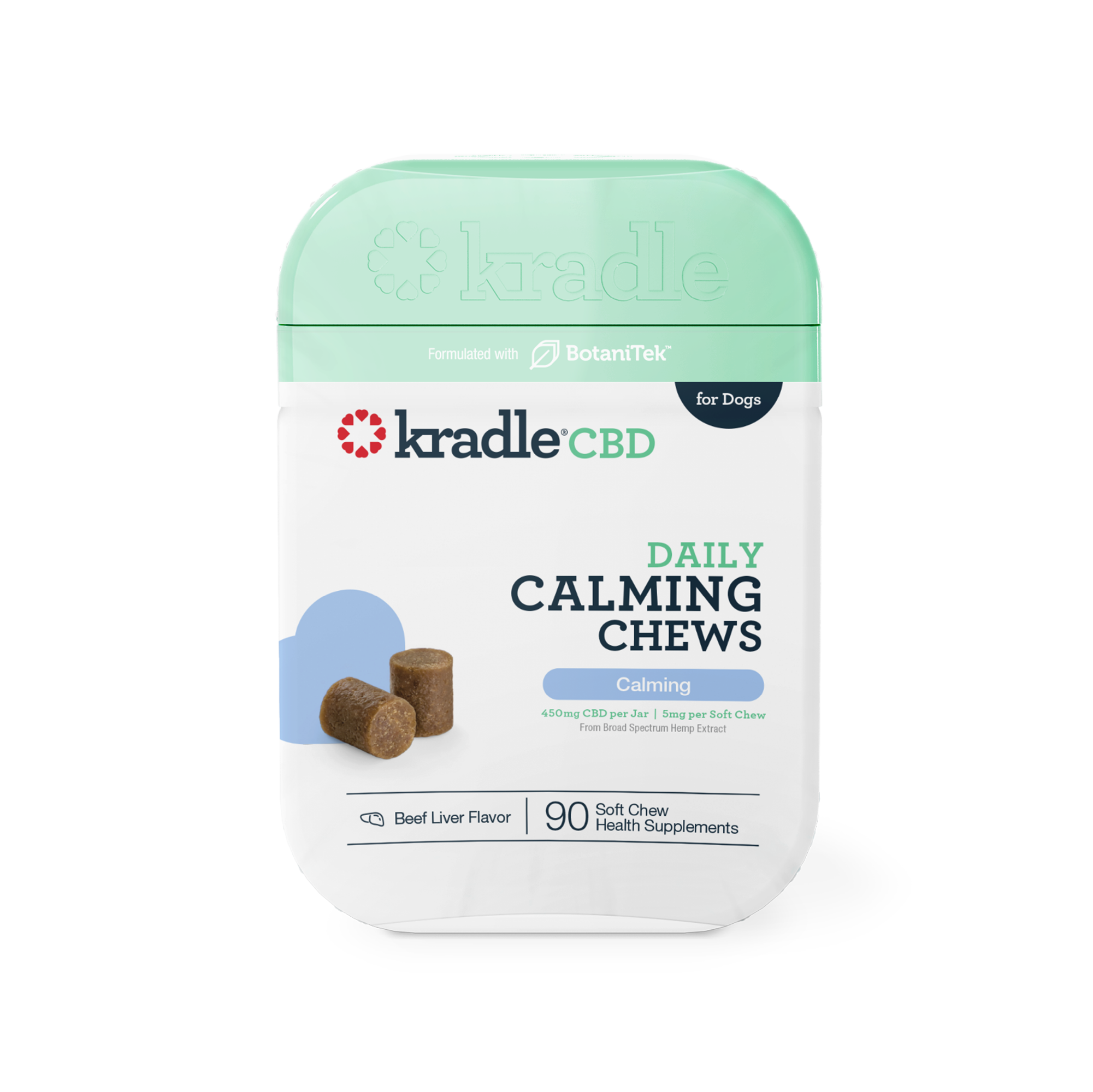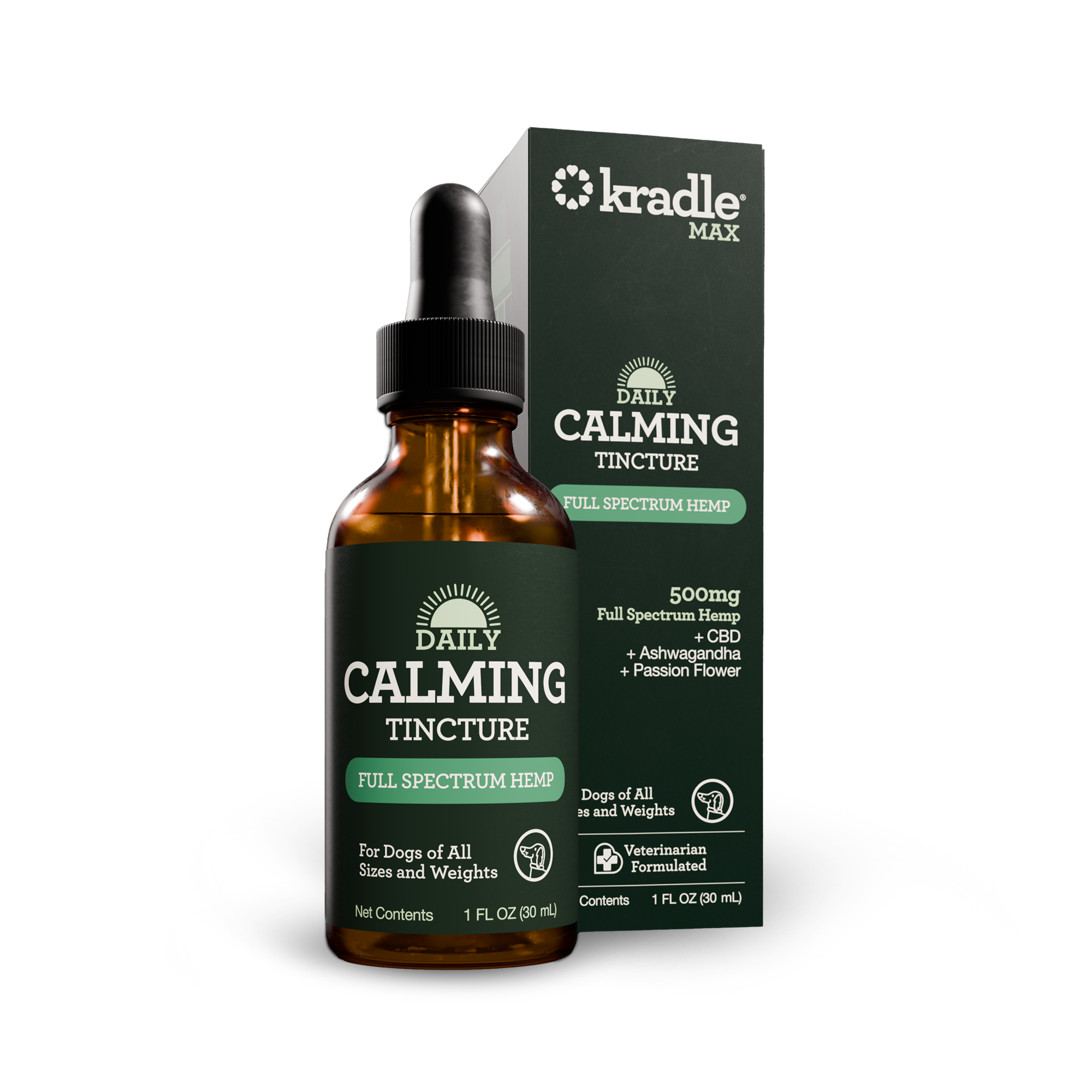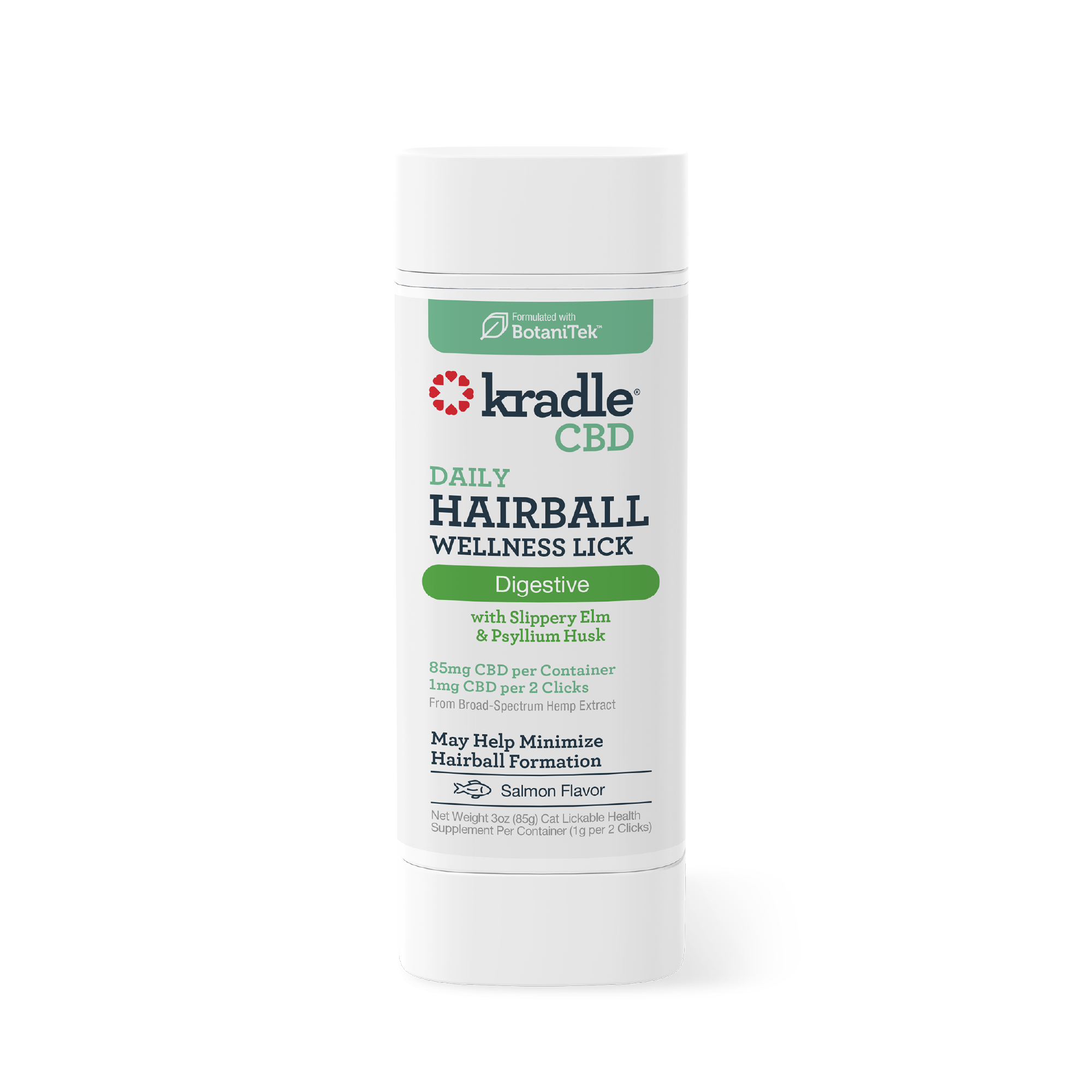
How to Support Your Senior Dog
Aging dog anxiety can lead to restlessness, confusion, and too frequent barking. Although these behaviors could irritate the dog and the owner, with the correct approach, one can control them. Early identification of anxiety symptoms will enable your senior dog to lead a better life. Discover the causes, signs, and calming strategies to help your older dog feel safe and supported. Read More!
The Relationship Between Aging and Anxiety
Just like us, dogs can go through changes that influence how they connect with everything around them. Changes such as vision problems, cognitive decline, joint pain, or disruptions in their routine can really make them feel confused or vulnerable. Older dogs and anxiety often seem to be a pair, don’t they? A calm, confident dog might suddenly start to become off-target, startled easily, or cling.
Can Hearing Loss in Dogs Cause Anxiety?
For sure! Many people are unaware that hearing loss is a common factor causing aging dog anxiety. A dog may become isolated or terrified when it loses the ability to hear familiar sounds, including your voice, the doorbell, and even their own bark.
Despite these sensory changes, stable, comforting surroundings and the use of visual cues can help to reduce their anxiety and provide more security to dogs.
Why Do Older Dogs Develop Anxiety?
Anxiety is often caused by physical pain, changes in the way you think, and confusion.
Let's look at some common reasons for aging dog anxiety :
Cognitive decline
Like human dementia, cognitive problems cause anxiety in older dogs. Your dog might get lost in the house, forget what you taught it to do, or have trouble identifying you. Their fear of confusion can cause pacing, whining, or restlessness.
Loss of vision or hearing
Sounds and shadows can be frightening or confusing. Loss of sensory input can cause even basic activities to be unpleasant, which might induce anxiety.
Changes in routine, mobility, or pain from arthritis
Dogs dislike sudden changes. Older dogs with arthritis or joint pain could not be as confident since they may find it difficult to move about. Some former interests, like stair climbing or walking, could be challenging for them.
Increased sensitivity to stimuli or separation
Your cherished dogs might grow more afraid of loud noises, strangers, and being alone as they age. A dog who is overly sensitive may hide, shake, or bark. Your dog's separation anxiety might get worse.
Where should we start, and how ought we to handle this? Older dogs and anxiety treatment start with empathy and awareness.
Common Signs of Anxiety in Senior Dogs
Your dog's behavior may change subtly as it approaches senior years. Although some of these could be simply "just getting older," they can really indicate underlying anxiety. Dogs cannot communicate with us when they are feeling off; thus, it is our responsibility to identify the signals indicating something is not quite normal.
Common signs of anxiety in senior dogs and what they might be trying to tell you:
Increased whining, pacing, restlessness
Your once-calm dog may be experiencing anxiety if it starts to seem unable to relax, constantly pacing or whining without a clear cause. It’s their way of saying, “Something doesn’t feel right.”
Night-time anxiety or "sundowning"
A condition sometimes known as "sundowning," makes older dogs especially nervous in the evening or overnight. They might seem confused, bark at nothing, or wander about the house.
Shaking, hiding, or aggression
Signs your dog is nervous include trembling, running to strange areas, or suddenly acting defensively. If a dog feels confused or cornered, even a usually mild dog may snap or growl. This is something to consider while handling a senior pet behaving differently than usual.
Toileting accidents despite being housetrained
Senior dogs who begin having accidents indoors, even after years of consistent house training, could have anxiety. If they are stressed or confused, they could forget their training or feel too nervous to tell you they should be outside.
Loss of interest in food or activities
Anxiety could be involved if your dog loses enthusiasm for food or their preferred toy. Although appetite loss can also indicate medical problems, emotional stress usually drives dogs away from their once-favorite activities.
By closely observing these changes, you can support your dog in truly important ways and intervene early. Anxiety neither defines the last years of your senior dog nor anything else.
Types of Anxiety Common in Senior Dogs
In older dogs, anxiety differs depending on personality, surroundings, and health. Knowing the type of anxiety your dog exhibits will enable you to give appropriate help. Understanding patterns helps them to calm down since not all nervous habits are brought on by the same factor.
Senior dogs' most common anxiety types are:
Separation Anxiety
Older dogs grow ever closer to their owners. Even if they were independent prior, older dogs may grow nervous when left alone. When you leave the house or room, you could find destructive behavior, whining, pacing, or too frequent barking. Reduced hearing or vision may make them feel vulnerable without you.
Noise Sensitivity
Older dogs often become more scared of sudden or loud noises. Things like thunder and fireworks can make them feel stressed. Canines might find it harder to deal with things if their brains change or their nervous systems get weaker.
Cognitive Dysfunction Syndrome
It's common for CDS pets to look lost, confused, or antsy, especially at night. They may forget people and places, get stuck, or bark at nothing. Constant confusion can make them uneasy. There is no fix, but medicines, special foods, and hobbies can slow the disease down and make them feel less stressed.
Social or Situational Anxiety
Older dogs might not be able to handle strange situations, people, or other animals. Some things that used to not bother them earlier, like going to the vet or being around busy dogs, might start to bother them too much. They might shut down or act angrily in places where they used to feel safe because of this kind of anxiety.
Symptoms to Keep an Eye Out For
An old dog with anxiety is commonly accompanied by other symptoms like cloudiness of the eyes, worsening bad breath, and reduced mobility.
Some indicators of senior dog anxiety are listed below:
-
Trembling or shaking If you notice your dog trembling, it’s often their quiet way of asking for comfort. Shaking shows they’re feeling unsure or overwhelmed by what’s happening around them.
-
Drooling more than usual Extra drooling during car rides or when left alone isn’t just messy — it’s often your dog’s silent way of showing they're stressed and need a little extra reassurance.
-
Panting without a clear reason Panting when it’s not hot or after no exercise can be a sign your dog’s trying to manage hidden stress. Their body tells the story even when they can’t.
-
Acting more defensive If your senior dog growls or snaps unexpectedly, it’s not bad behavior — it’s fear talking. Anxiety can make even familiar people feel unfamiliar to them.
-
Sticking closer than usual When your dog suddenly becomes your little shadow, it’s because you make them feel safe. Clinginess is often their way of coping when the world feels confusing.
-
Pulling away or hiding Some dogs withdraw instead of leaning in. If your once-social dog is hiding away, they might just be trying to find a safe, quiet space to calm their nerves.
-
Repeating unusual behaviors Pacing, licking the same spot, or circling aren’t random habits. They’re signs your dog is trying to comfort themselves when their world feels a little out of control.
-
Restlessness at night If your dog struggles to settle down at bedtime, anxiety might be keeping them on edge. Nights can feel longer and scarier when senses fade and confusion sets in.
Solutions to Help
If you recognize any of the above symptoms of anxiousness and stress in your pet, certain solutions may lead to improvements in their behavior and support their mental well-being. Some things that may help include:
-
Maintaining a consistent routine: Older dogs with anxiety often flourish when they have a regular schedule. Try to feed your dog, play with them, and let them out around the same times every day using a consistent schedule for your pet. This could help your senior dog understand expectations.
-
Environmental enrichment: Make sure your dog has somewhere peaceful and comfortable to unwind in when stressed. Arrange a bed and preferred toys; when you're not at home, think about running the television or using a white noise machine in the room..
-
CBD Pet Supplements: The AKC reports that some dog owners find CBD pet products to be beneficial for dogs with stress and anxiousness, and Kradle’s CBD pet products make it simple for your dog to reap the potential benefits of CBD. Our line of products includes Chews, Melts, Bliss Bars, Bones and more, and are formulated to help dogs better cope with normal external stresses.
-
Veterinary care: To treat clinical anxiety in dogs, veterinarians occasionally recommend drugs such as antidepressants and calming products.
How to Help an Aging Dog with Anxiety
Create a Safe, Predictable Environment
Just keep doing the activities you and your dog find fun. Maintain the daily schedule of your dog as consistently as you can. For senior dogs, familiar surroundings and consistent routines help to lower uncertainty and anxiety.
Provide Calming Products
Certain relaxing products can be quite magical. For dogs particularly, think about using CBD pet products, comfy beds and other things that naturally support your pup’s well-being.
Mental & Physical Stimulation
Your dog loves playing with you! So, involve your dog in low-impact pursuits, such as games, short walks, or puzzle toys. Maintaining an active brain and body helps lower restlessness and increases confidence.
Veterinary Support
If you are doubtful or if your senior dog exhibits symptoms of anxiety, always consult your veterinarian. They can rule out basic medical problems and, if necessary, recommend drugs or therapies.
Helping Your Older Dog Live Their Best Life
As dogs grow older, it's not just their bodies that change — their emotions do too. Stress often shows up alongside the physical and mental shifts that aging brings. Helping your senior dog feel more at ease starts with spotting the signs early and making small, thoughtful adjustments at home. Simple steps like creating a calm environment and offering soothing support, like Kradle’s Calming chews for dog, can make a real difference in managing their stress.
And if your pup loves fresh air and adventure, spending time outdoors can be incredibly healing for both of you. For tips on making your next trip smooth and enjoyable, check out these helpful ideas for camping with dogs because a little preparation can turn it into a stress-free bonding experience you’ll both treasure.
FAQs
Is anxiety common in older dogs?
Absolutely, it's pretty common to see anxiety in older dogs. As people get older, they might notice changes in their bodies and minds, like hearing loss and vision issues, that can leave them feeling a bit less secure and more anxious.
What causes anxiety in aging dogs?
Senior dogs' anxiety can be caused by physical discomfort, changes in routine, sensory decline, and cognitive problems, among other elements. An older dog can become stressed over even things like arthritis or being left alone.
What are signs of anxiety in senior dogs?
Restlessness, whining, pacing, trembling, hiding, barking excessively, or having accidents indoors despite being housetrained. Some dogs may even show a loss of appetite or seem more clingy than usual.
How do I calm my old dog with anxiety?
Take one step at a time. Set up a regular schedule and safe, quiet places to start. You can also try items that calm your pet, light exercise, interactive toys, CBD-based products, and talking to your vet about options that can help, like vitamins or medicine.
What is the difference between dementia and anxiety in dogs?
You should know the difference. Cognitive Dysfunction Syndrome is another name for dementia. It is a brain disorder that impacts memory, behavior, and awareness. Anxiety in dogs can be caused by memory, but other things can also cause it.
Can old dogs take anxiety medication?
Yes, many older dogs can safely take anxiety medicine if their vet tells them to. Medications recommended by professionals can help ease anxiety, especially when used with changes to one's lifestyle, and help with behavior.








